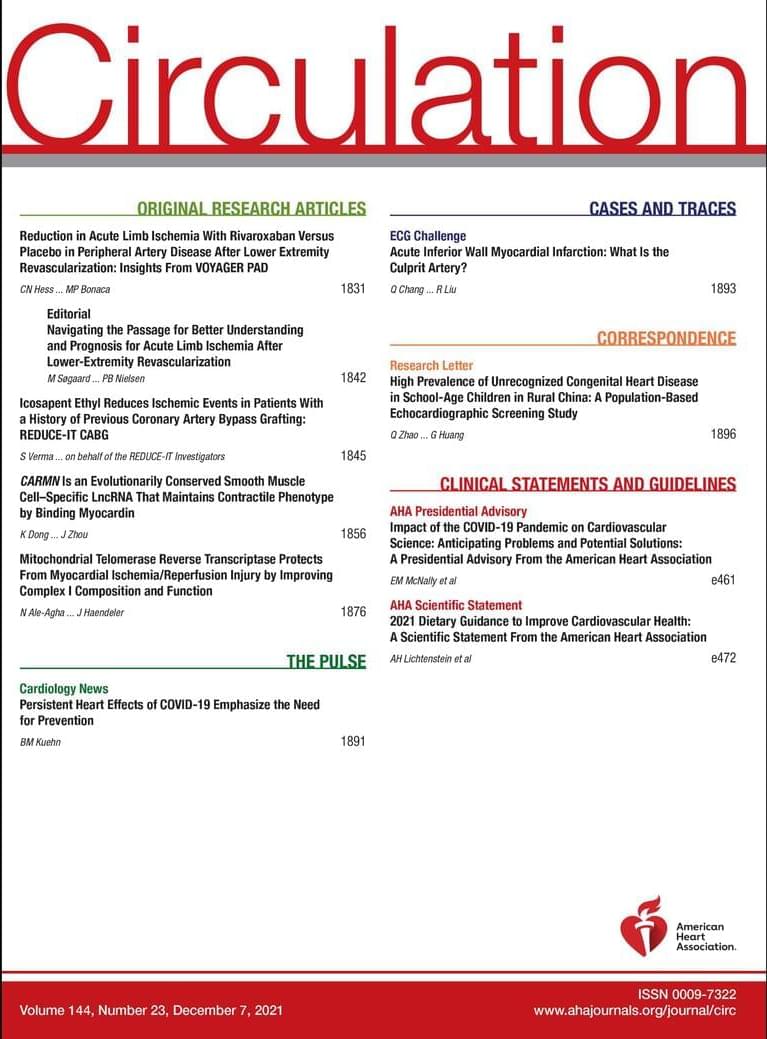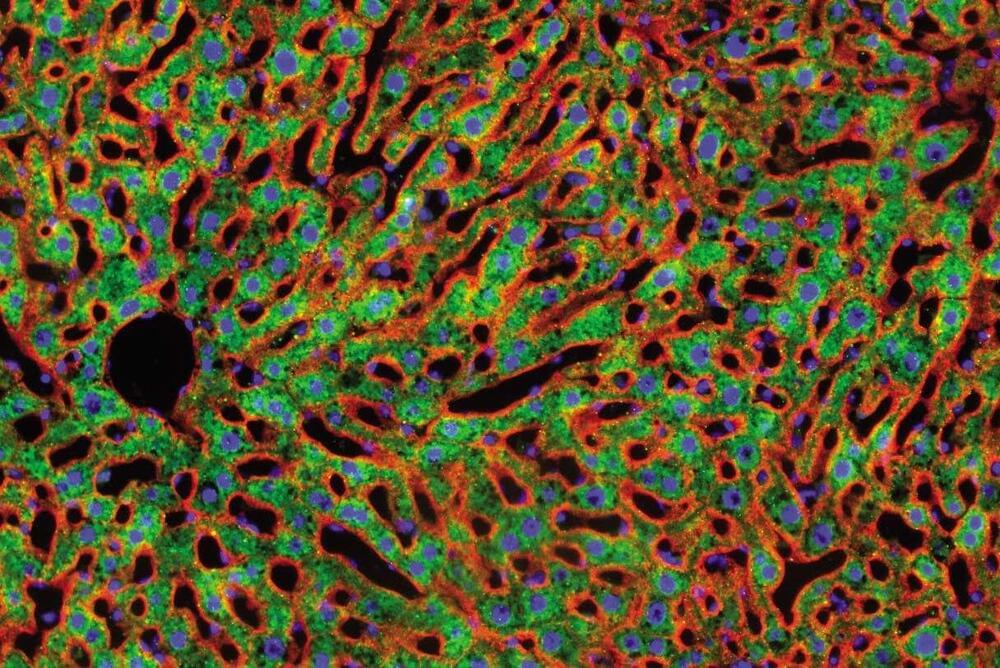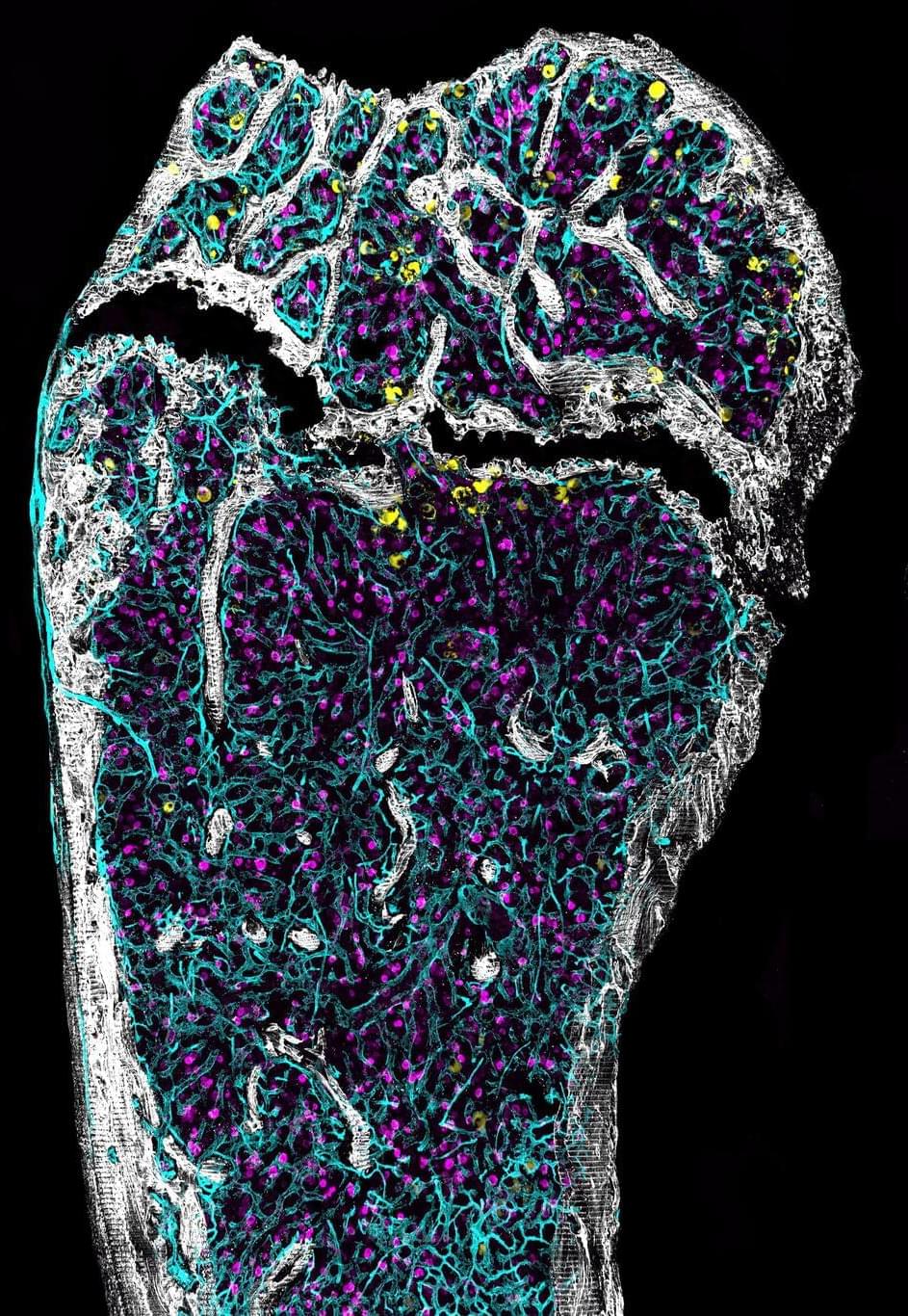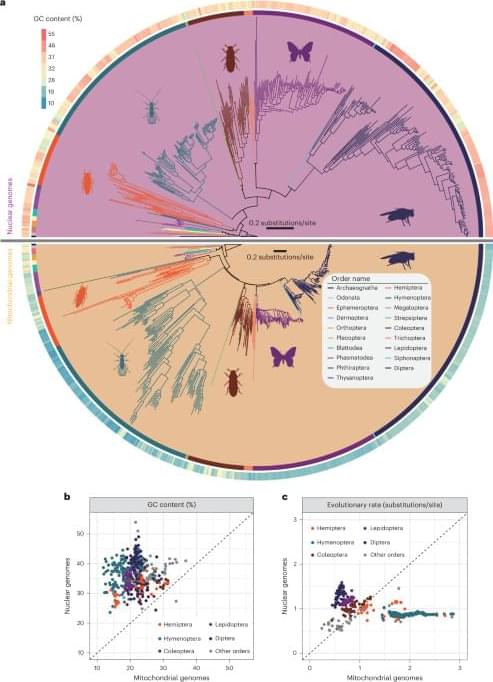face_with_colon_three mitochondria immortality.



In a new study, lab mice given an experimental drug were jokingly referred to as “supermodel grannies” because they looked so youthful even while aging beyond their expected lifespan.
As the BBC reports, the trials for a drug believed to flush out a protein known as interleukin-11 — which in early development helps build our bones but later in life causes the kinds of inflammation that triggers much of the illness of aging — have already had intriguing success in mice.
Published in the journal Nature, a paper about the research undertaken by scientists at Imperial College London, Duke-NUS in Singapore, and the MRC Lab of Medical Sciences found that when given a drug that purges interleukin-11, the mice became more lean, had healthier fur, and had significantly lower levels of cancer than their counterparts of the same age.


Experiments on a bed of plastic beads reveal a temperature-dependent stiffening over time, which appears to be related to molecular-scale deformations.
Inside a geological fault, small rocks and pebble-sized grains can become increasingly lodged together over time so that the push—or stress—needed to get the granular material flowing grows with time. This frictional “aging” can be attributed to several effects, but researchers have now isolated a thermal effect that appears to be related to molecular-level deformations [1]. The team performed experiments on a bed of tiny beads, or grains, slowly rotating them in a start–stop manner that revealed the signatures of grain aging. The temperature dependence of the effect suggested that the behavior arises from a thermally driven interlocking between irregularities on the grain surfaces. The results could provide new insights into the stick–slip behavior recorded in geological faults.
Granular materials—those made of small particles, like sand or soil—have unique properties. For example, in the polymer industry, the force required to begin stirring granular ingredients on Mondays is greater than on other days because the grains have been left immobile over the weekend. This aging effect, in which the force required to break the network of frictional contacts depends on the time that the particles have been resting, also plays a role in the occurrence of earthquakes and landslides. “The longer you wait, the stronger the granular network becomes,” says Kasra Farain from the University of Amsterdam.

Promising.
A drug that inhibits inflammation helped mice live longer and reduced the animals’ incidence of cancer and age-related health problems.
By Grace Wade

Our bone marrow—the fatty, jelly-like substance inside our bones—is an unseen powerhouse quietly producing 500 billion new blood cells every day. That process is driven by hematopoietic stem cells that generate all of the various types of blood cells in our bodies and regenerating themselves to keep the entire assembly line of blood production operating smoothly.
As with any complex system, hematopoietic stem cells lose functionality as they age—and, in the process, contribute to the risk of serious diseases, including blood cancers. We know that the risk of developing aging-associated diseases is different among different individuals. Surprisingly, however, little is known about whether hematopoietic stem cells age differently between individuals.
“If you take a room full of 50-year-olds, some will be completely gray-haired, others will be salt-and-pepper, and a few will not have any gray hairs at all,” said Jennifer Trowbridge, Dattels Family Endowed Chair and professor at the Jackson Laboratory. “Logically, you’d expect to see the same kind of variation in the function of hematopoietic stem cells—but until now, nobody has studied that directly.”
Researchers from the University of Queensland have found that high-intensity interval training significantly enhances brain function in older adults, with cognitive improvements lasting up to five years. This study, led by Emeritus Professor Perry Bartlett and Dr. Daniel Blackmore, confirms that such exercise can not only improve but sustain cognition in aging populations, potentially reducing the risks and costs associated with dementia.
Researchers from the University of Queensland have conducted a longitudinal study demonstrating that high-intensity interval exercise can enhance brain function in older adults for up to five years. Led by Emeritus Professor Perry Bartlett and Dr. Daniel Blackmore of UQ’s Queensland Brain Institute, the study involved participants engaging in physical exercise and undergoing brain scans.
They have shown high high-intensity exercise boosts cognition in healthy older adults and the improvement was retained for up to 5 years.

New findings from the University Hospital Bonn (UKB), in collaboration with the University of Bonn, have revealed that specific early alterations in patients with age-related macular degeneration (AMD) can result in noticeable local vision loss. This breakthrough could enhance the treatment and monitoring of this eye condition in elderly patients, which typically progresses to central blindness, and facilitate the testing of new treatments.
AMD mainly affects elderly people. If left untreated, the disease leads to a progressive loss of central vision, which significantly impairs everyday activities such as reading or driving. Researchers around the world are intensively searching for ways to improve the early detection and treatment of this disease before major losses occur.
A research team from the UKB Eye Clinic, in cooperation with the University of Bonn and in close collaboration with basic and clinical scientists, has specifically examined patients with early forms of AMD. The researchers focused on the so-called iRORA lesions, which are very early anatomical signs of retinal damage.
Yes, we wish it were quicker too.
In this short video Dr. David Sinclair discusses the progress made with the new glaucoma treatment and upcoming human trials. Also, the timeline for potential availability of the treatment and reverse aging molecules which his company Metrobiotech is working on.
Please note that the links below are affiliate links, so we receive a small commission when you purchase a product through the links. Thank you for your support!
=*=*=*=*=*=*=*=*=*=*=*=*=*=*=*=*=*=*=*=*=*=*=*=*=*=*=*=*=*=*=*=*=*=
🔶 Nuchido Time+ Supplement FIRST ORDER 20% OFF Code : REVERSEAGING20
Restore Our Cells Ability To Make NAD Like When We Were Young https://www.nuchido.com/REVERSEAGING
💧Fatty15 Supplement 20% OFF Discount Link *~ https://fatty15.com/SFGBQD7P
~*~ ProHealth, DoNotAge, RenueByScience~*~ Discount Coupon CODE: REVERSE
